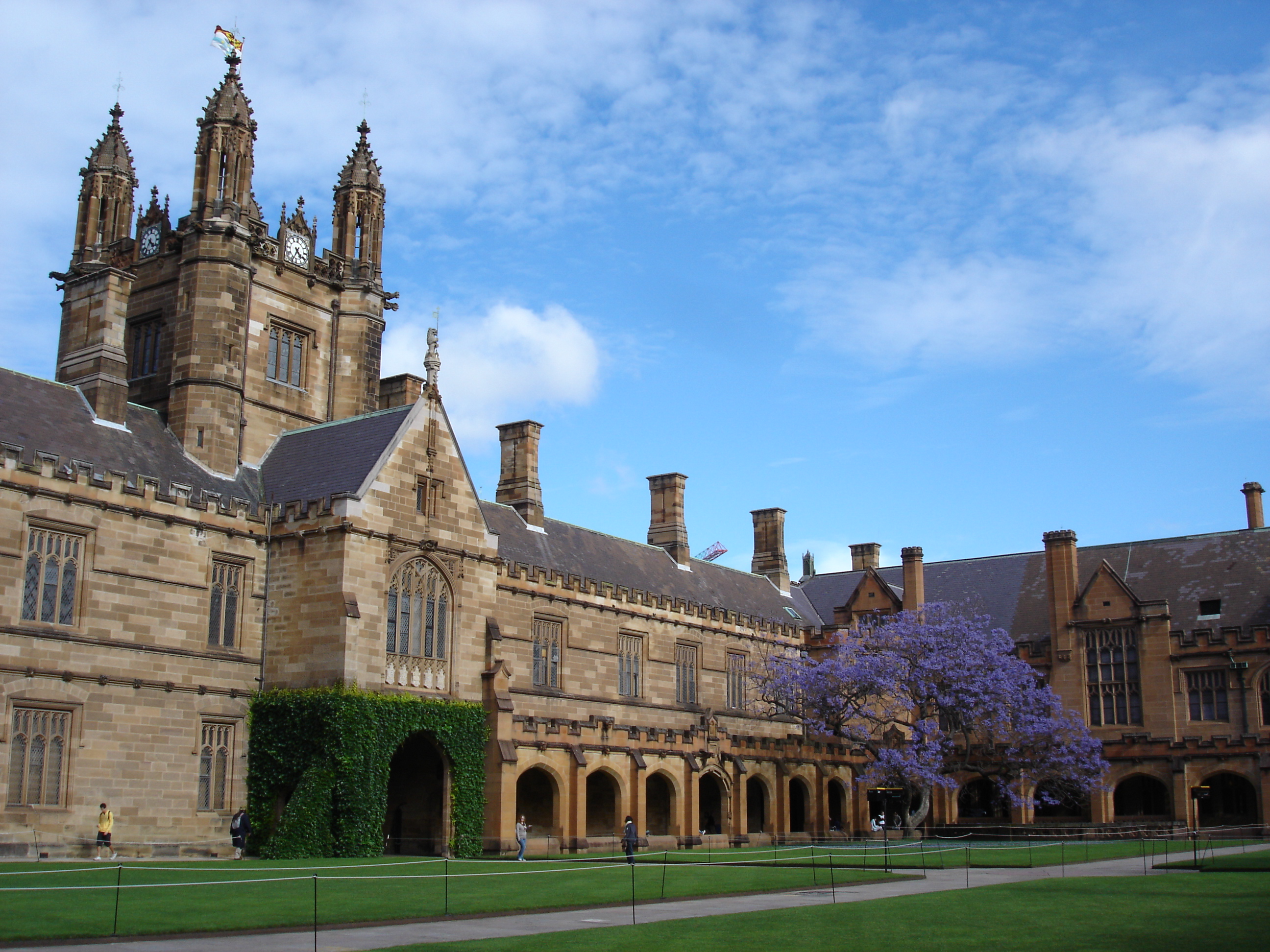A new report on the future of the internationalisation of Australia’s universities suggests that soft power should take precedence over economic impact in the country’s long-term international education strategy.
Experts at the Lygon Group recommended in a report commissioned by Universities Australia that a bigger emphasis should be placed on utilizing universities to spearhead Australia’s response to globally significant issues.
The authors caution that Australia’s lack of “domestic diplomacy,” or its citizens’ appreciation of the benefits of foreign higher education, could damage the nation’s standing abroad, especially if foreign students return home having been victims of racism, exploitation, and exclusion.
Simultaneously, China’s scholarship program, Mandarin language instruction abroad, and Belt and Road initiative are making the global soft power landscape more “increasingly competitive.”
The report suggests that Australia should give priority to educational soft power and development in the Indo-Pacific and Southeast Asia for the next thirty years. This should involve providing opportunities for Australians to study abroad and offering scholarships for higher education to individuals in the region.
“This would enhance a more effective and lasting method of assistance in the Pacific, propelled by postsecondary education, capacity development, and ingenuity,” stated the authors.
Australia’s international education sector will be impacted by demographic shifts worldwide as populations in East Asia and Europe age and lower-income nations are predicted to have “prime-age labor forces” by 2050.
This will alter the global demand for postsecondary education. Australian institutions are advised by the report to collaborate with countries where there is expected to be an increase in the working-age population.
According to the report, emerging markets in the region, like Kenya, Nigeria, and Ghana, are experiencing “extraordinary” increases in the number of international students. As a result, the international education sector needs to become more knowledgeable about Africa.
“But the projected changes to the global population mean we will need to engage with new partners to sustain education as a major export industry,” stated Catriona Jackson, the outgoing chief executive of Universities Australia, about the country’s educational institutions’ continued ability to educate students from top source countries, such as China, India, and Nepal.
The Lygon Group also recommended a cooperative strategy for Australian-Chinese university cooperation, focusing on “genuine partnership” between the two nations.
According to the report, more Chinese will likely look to Australia for employment and long-term migration opportunities as the country’s youth labor market becomes more difficult.
International students contribute their skills and talents to Australia’s skill mix, and the industry uses research and soft power to shape global responses to global issues. The work that our universities undertake in an international setting is only going to get more crucial as we manage a quickly evolving environment.

